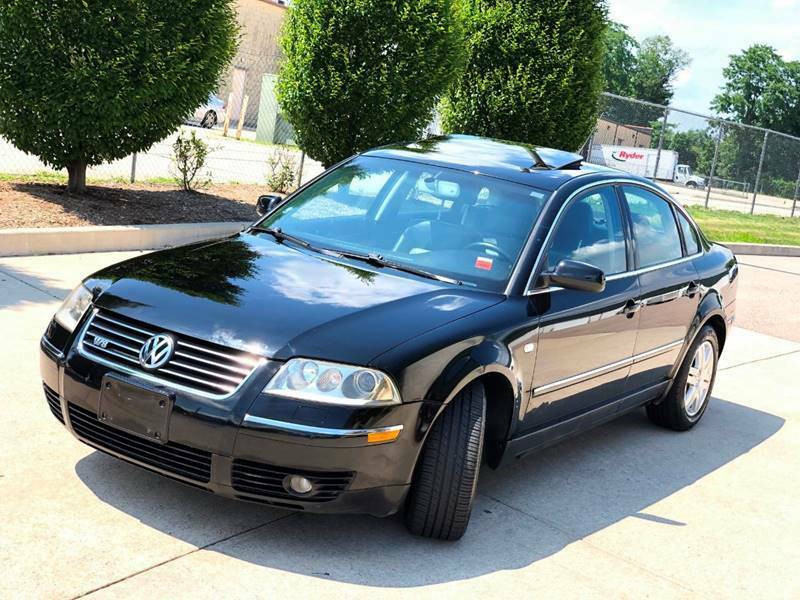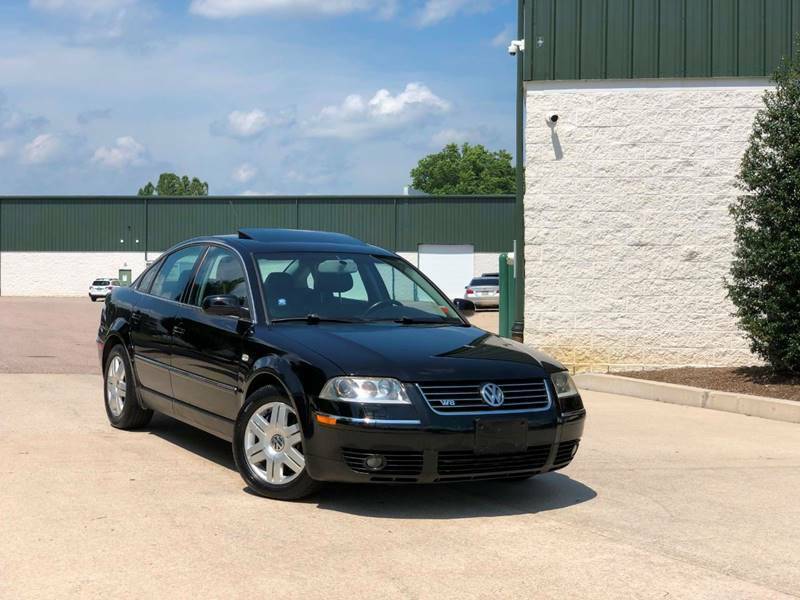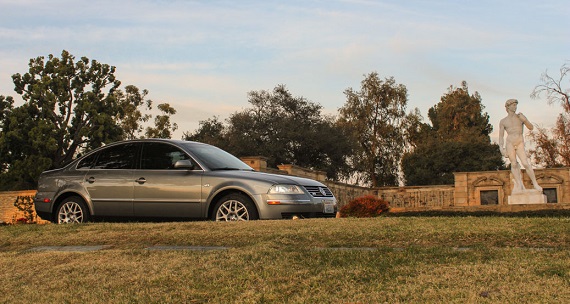The words “Q-Ship” and “Sleeper” get tossed around a lot when describing the super-performing sedans, coupes and wagons from Audi, Mercedes-Benz and BMW – but truth be told, virtually any enthusiast and most non-enthusiasts can spot a high performance model a mile away. We have to go really pretty far back to find examples that were true sleepers – models where it was only the number of tail pipes, subtly wider wheels, or maybe one single badge that hinted at their greater performance. There were no extra gills, bulges, flared fenders, red trim, flashy colored brake calipers and 22″ wheels with 375 section tires. For models like the 450SEL 6.9, you had to know what you were looking at to fully appreciate the performance. But even as we got towards the E28 M5, manufacturers were slapping badges, lowered suspensions, spoilers and special trim to help set their client’s substantial investments apart. In the vein of the 450SEL 6.9, though, Volkswagen launched a discrete performance sedan – a true sleeper – in the Passat W8.
Tag: W8
The main problem for the Volkswagen Passat W8 4Motion Variant is the plethora of other very capable all-wheel drive wagons that ran alongside it. Scratch that. The main problem for the Volkswagen Passat W8 4Motion Variant is that it’s just too damn complicated for its own good. On paper, an 8-cylinder, 270 horsepower all-wheel drive Passat just sounds damn cool. You could even get it with a 6-speed manual, if you could find one. If optioned correctly, the W8 had some pretty trick BBS-made “Madras” 2-piece wheels too, just like the ones we see here. But VAG designs from the early 2000s had a tendency for complicated engineering for complicated engineering’s sake, and it doesn’t get a whole lot more complicated than the timing chain routes on the back of VAG motors. That’s right, the back. Because, of course, if you put a timing chain in, you don’t need to ever service it, right? In the quest for greater performance and numbers, we stumbled through a looking glass of complexity that has rendered an entire generation of cars so massively over-engineered relative to their specific output that it simply makes no sense to even briefly contemplate their ownership:









